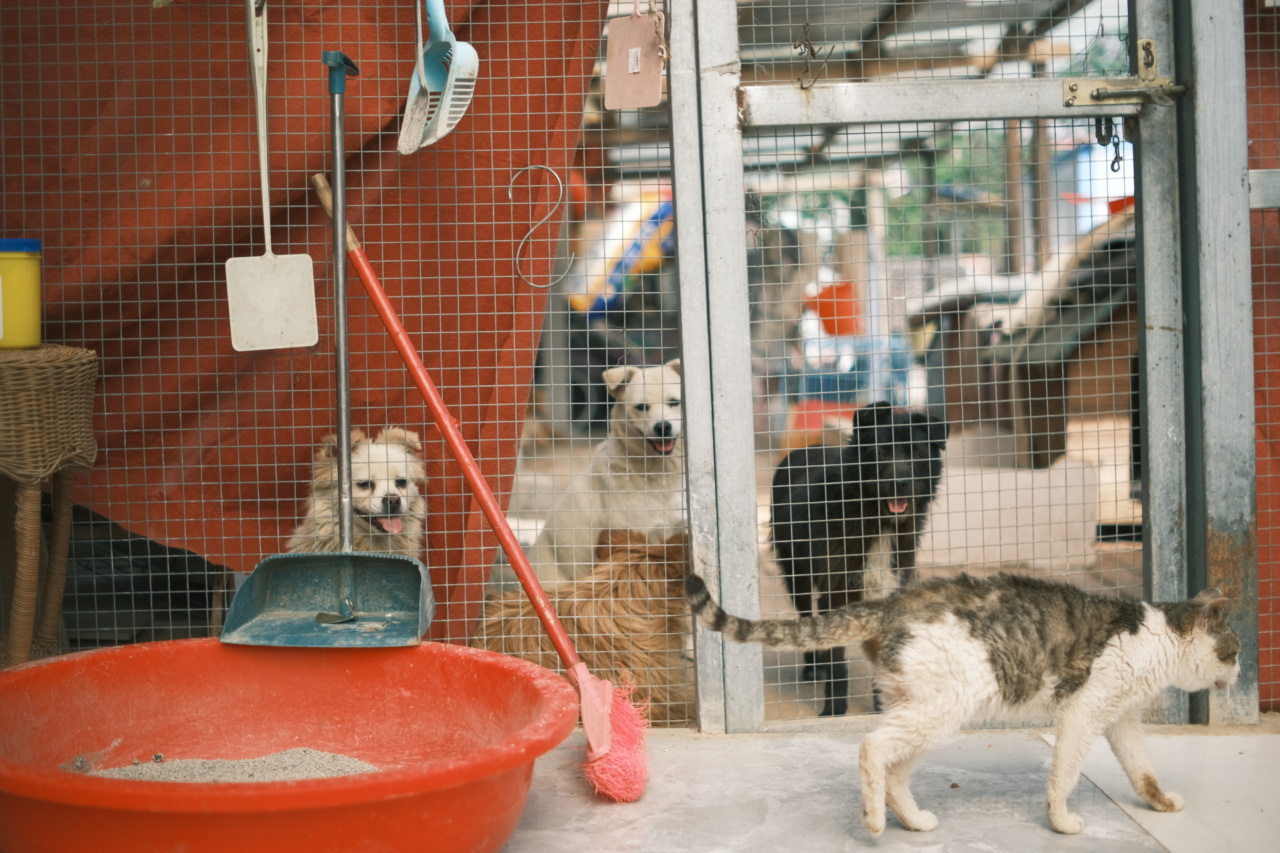If you’re a dog owner, there’s a good chance that you’ve noticed your furry friend displaying signs of envy at some point.
Envy is a natural emotion in dogs, just like in humans, and it can be triggered by a wide range of factors such as the attention given to other dogs or humans, favourite toys, food or even sleeping arrangements.
Envious behaviour can range from mild to severe, and it can manifest in different ways such as growling, barking, whining, and even aggression.
And while it’s understandable to feel frustrated and confused when you notice these behaviours in your dog, it’s crucial to understand why your dog may be feeling envious and come up with appropriate strategies to manage it.
The Roots of Envy in Dogs
The first step in dealing with envy in your dog is to understand the reasons why your dog may be experiencing these feelings. Envy in dogs may be triggered by various factors such as:.
Attention
One of the most common triggers of envy in dogs is attention. Dogs can get jealous when they see their owners or other dogs getting attention and affection.
This kind of jealousy may be more profound in dogs who have a history of being pampered and receiving constant attention from their owners.
Toys and Treats
In a household with multiple dogs, it’s not uncommon to see envy in dogs over toys and treats. Dogs can become possessive of their toys and treats and may not want to share them with others.
This can lead to tension and arguments between the dogs in the household.
Sleeping Arrangements
Sleeping arrangements can also trigger envy in dogs, especially if one of the dogs is used to sleeping in a particular area or bed.
If, for example, you decide to allow another dog to sleep in what was originally their bed, the first dog may start to feel envious and act out their feelings accordingly.
Food
A dog’s relationship with food is a sensitive matter, and any changes or perceived threats to their food security can trigger envy.
Dogs who are used to getting a particular type of food or quantity may become envious if another dog gets a different or better kind of food.
How to Manage Envy in Dogs
Now that we have understood the reasons why envy in dogs may occur, it’s time to come up with appropriate strategies to manage it. Here are some practical ways to manage dog envy:.
Establish a routine
Dogs thrive on routines, and by establishing a set routine, you can help minimize tension and envy. This routine could include feeding, walking and playtimes, and sleeping arrangements.
Make sure each dog has their bed, toys, and food bowl, and they know which of these items are exclusively for them.
Train your dog
Training your dog can help control their behaviour when they feel envious. Teaching them basic commands such as “sit” “stay” and “leave it” can help them to control their responses when they begin to feel envious.
Be consistent
Consistency is essential when managing envy in dogs. It’s crucial to make sure that each dog is treated fairly and given equal amounts of attention and affection.
Don’t play favourites or give one dog more treats or toys than the other, as this can lead to feelings of envy and potential conflict.
Practice Separation
Giving each dog their space can also help reduce feelings of envy. If you notice that one dog gets envious when you’re petting or playing with another dog, give them some space by putting the other dog in another room or outside.
This way, your envious dog can have some alone time with you.
When to Seek Professional Help
While some level of envy is normal in dogs, severe envy that leads to aggression or destructive behaviour requires professional help.
If you’ve tried all the above strategies, and your dog still continues to display severe envy, book an appointment with your veterinarian or dog behaviourist. They will be able to help you determine the cause of the envy and come up with an appropriate solution to manage it.
Conclusion
Dog envy is a common issue that many dog owners may encounter. However, understanding the root causes of envy in dogs and coming up with practical ways to manage it can help prevent conflict and tension between dogs in the household.
By establishing routines, training your dog, being consistent, practicing separation when necessary, and seeking professional help when needed, you can manage dog envy effectively.





























